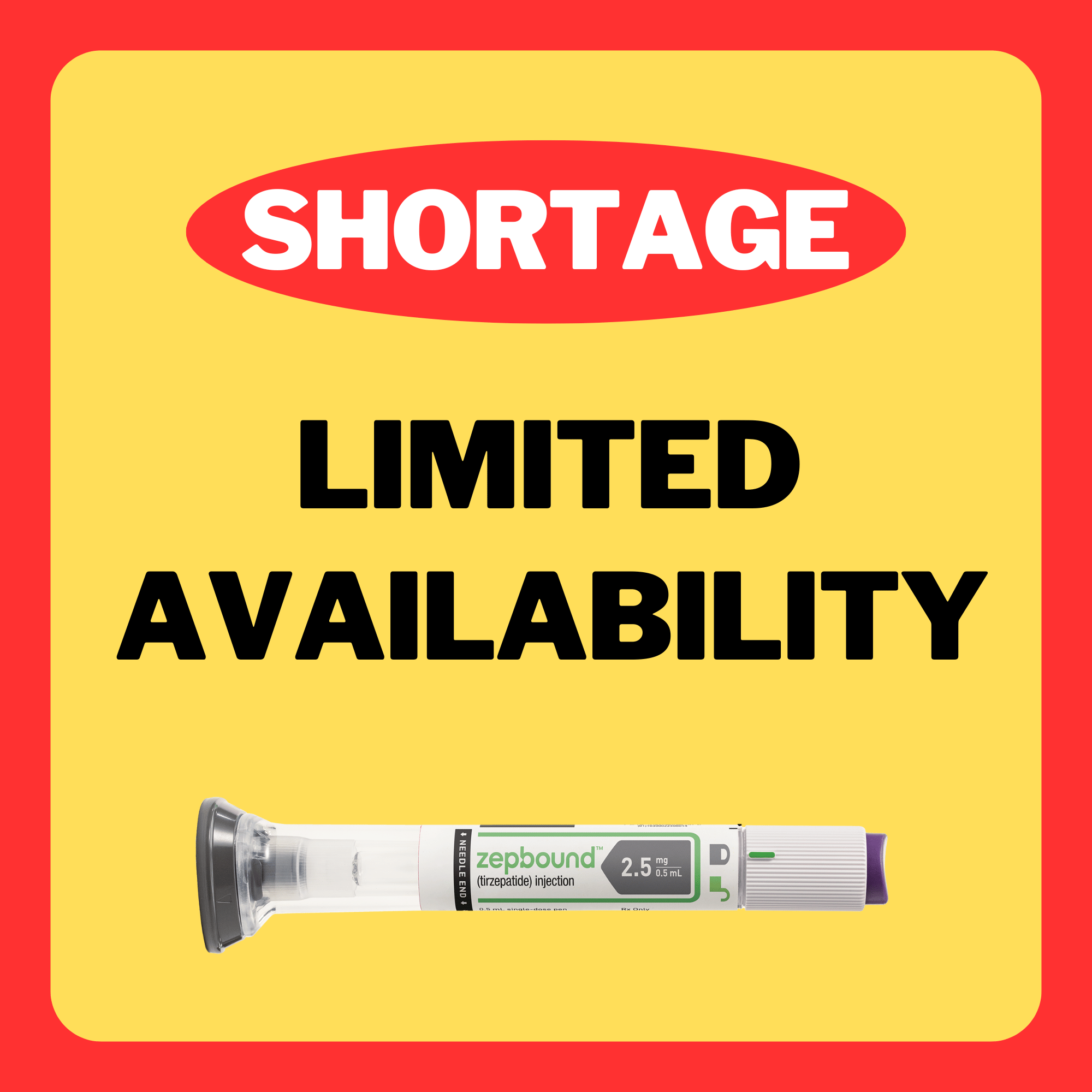How much protein should I eat on Zepbound, Mounjaro, or Wegovy?
Protein is the buzzword for anyone taking a GLP-1 weight loss injection drug, such as Zepbound, Wegovy, and Saxenda (or the same versions of the drug approved for Type 2 diabetes: Mounjaro, Ozempic, and Victoza).
People often think that has something to do with the makeup of the GLP-1 drugs. But, the truth is anyone with a daily calorie deficit, which you need to lose weight, should carefully monitor their protein intake. That’s because when you lose weight, it’s not just fat but also muscle. The goal is to ensure you retain that precious muscle mass. You can do this by eating enough protein and adding strength training to your weekly routine. (Many doctors believe the strength training part of the equation is even more important than high protein intake.)
Why will I lose muscle and not just fat when losing weight?
The human body is pretty remarkable and is a complex machine. If you want to know the science behind all this, I recommend you read “Why you don’t just lose when you’re on a diet?” by Adam Collins, associate professor of nutrition at the University of Surrey. I’ll summarize the takeaways for you here:
- You need to be in a calorie deficit (eat fewer calories than your body needs each day) to lose weight.
- At the beginning of your weight loss journey, the body uses up stored glycogen to turn into energy. (Glycogen is the glucose from the carbohydrates in your diet.)
- Glycogen bonds with water and is stored in muscle. This is the “water weight” many people lose when they start dieting.
- Your body only has a few day’s supply of glycogen. Once that’s burned, the body will turn to fat to burn next.
- However, organs like the brain can’t use fat for energy so that’s when your body switches to burning muscle to get at the protein stored there. It then turns that protein into glucose.
- When the body breaks down muscle, this can slow your metabolism and make it more likely that you’ll regain the weight you lose.
Related reading: Everything you need to know about Zepbound
How much protein should I eat each day?
Here’s what the registered dieticians at Weight Watchers Clinic (where I’m a patient) advise:
Eat 0.8 to 1 gram of protein per kilogram of your weight
So, let’s say you weigh 279 pounds (or 126.5 kilograms). When you multiply your weight in kilograms by 0.8 and 1, your daily protein requirement is about 101 to 126 grams per day.
If you weigh 214 pounds, that equals about 97 kilograms, which translates into a protein target of 77.6 to 97 grams per day.
As you can see, as you lose weight, you need to recalculate your protein requirements.
Should I eat more protein if I exercise a lot?
That’s a great question and the answer is yes, especially if you are focusing on strength training. Whenever you work on resistance training, you are strengthening your muscles. You need enough protein to fuel your body’s demands and that in turn will help you build more muscle mass.
If you exercise a lot, instead of using the 0.8 to 1 multipliers, use 1 to 1.2.
So in the examples above, the 279-pound person would up his or her daily protein goal to 127 to 152 grams.
The person weighing 214 pounds would now target 97 to 116 grams of protein per day.
I walk 30 minutes a day on the treadmill and 30 minutes on the street. I lift weights two to three times a week but it’s not intense. For these reasons, I’m sticking with the lower protein requirements. However, if I increase my resistance training or start to hit a weight stall, I would consider adjusting my protein target.
Can I eat too much protein?
Yes. Doctors recommend that you don’t exceed 2.5g of protein per kilogram of your weight. This can also throw your metabolism into a tizzy as well as harm your liver and kidneys.
The wrap-up
Talk with your doctor, dietician, or nutritionist to set your own daily protein target. Remember that it will change over time as your weight fluctuates. Don’t worry about hitting your target on the nose every single day. You’re playing the long game here so it’s about your trajectory. As long as your daily protein average is on track, you’re doing great. Finally, don’t forget to focus on exercise as well as developing a calorie deficit meal plan. Adding strength training into your routine is especially important. Squats, push-ups, pull-ups, and weight-lifting are all examples of strength training.
How much protein do you eat daily and what’s your resistance training routine? I’d love to hear about it. Contact me or post on the Shots to Shed Pounds Facebook page.






